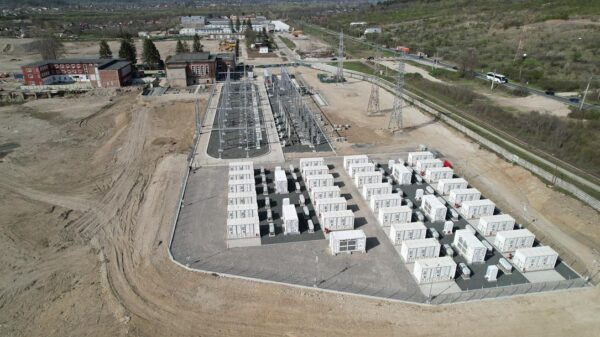The notion of Bitcoin being picked up as a potential reserve asset is beginning to gather steam.
Bitcoin and digital asset bills have been introduced into at least 31 state legislatures, according to a Bitcoin specific website tracking state legislating filings. The website digests each bill and its progress.
Alabama remains the only state to enact a bill establishing a Blockchain Study Commission. Lawmakers also filed another bill to prohibit the state from taking certain actions related to digital assets.
Arizona legislators have introduced multiple bills that address state agencies and cryptocurrencies. Moreover, these include bills regarding state retirement systems and digital assets, the creation of a digital asset strategic reserve fund, and the investment of public money in virtual currency, among other topics.
Furthermore, lawmakers in Florida filed companion legislation in both state houses to permit public funds to be invested in Bitcoin. In Georgia, legislators introduced bills in the state assembly to create a State Depository Board and authorize the state treasurer to invest in Bitcoin.
Meanwhile, a bill introduced in the Iowa state House authorizes public money investments in digital assets and precious metals.
In Kentucky, legislators introduced bills in the state House that focus on digital assets and state financial practices.
Read more: Sol Strategies chosen as sole staking provider for Solana ETF
Read more: Securities and Exchange Commission backs off on DeFi lawsuit
Montana approved a cryptocurrency reserve asset bill
A Michigan bill addresses cryptocurrency mining in areas zoned for industrial use. Lawmakers in Missouri have filed several bills related to digital assets, while legislators in Montana introduced bills to transfer BOI funds for investment in precious metals and digital assets and to create a Financial Freedom and Innovation Act.
Montana’s House Business and Labour Committee approved a bill that could allow Bitcoin and other cryptocurrencies to become reserve assets. On February 19, the committee passed House Bill No. 429 in a 12-8 vote, with all Republicans supporting it and all Democrats opposing it.
As the fourth crypto reserve bill to reach a state-level House in the U.S., the measure would establish a special revenue account to invest in precious metals, stablecoins, and digital assets with an averaged market cap above $750 billion over the last calendar year. Currently, Bitcoin is the only digital asset that meets this requirement.
The bill will now move to Montana’s House. This is a stage in the legislative process that only Utah, Arizona, and Oklahoma have reached for Bitcoin reserve-related bills.
Michael Saylor, founder of Strategy (NASDAQ: MSTR) (formerly MicroStrategy), urged the United States to establish a strategic Bitcoin reserve by acquiring up to 20 per cent of the Bitcoin network.
Speaking at the Conservative Political Action Conference (CPAC) in Washington, D.C., he argued that the U.S. must act quickly to secure a dominant position in the digital asset space.
Read more: Argentine President Javier Milei in hot water over prospective crypto rug pull
Read more: Hard times for Bitmain as tariffs and China’s displease with blockchain stall forward momentum
Strategy holds $47B worth of Bitcoin
Saylor made his comments as Strategy maintains the largest corporate Bitcoin portfolio in the world.
The firm holds 478,740 BTC, valued at approximately USD$47 billion, with a dollar-cost average purchase price of USD$65,000 per coin.
Despite market volatility, the company has generated a 51 per cent profit from its Bitcoin holdings. Furthermore, this has driven its stock price up by 360 per cent over the past year.
Looking ahead, Saylor predicted that artificial intelligence and digital currencies will shape the 21st century.
The bill will take effect on July 1 if it passes. This will allow the state treasurer to transfer up to USD$50 million to a special account for investing in precious metals, digital assets, and stablecoins by July 15
Illinois, Kentucky, Maryland, New Hampshire, New Mexico, North Dakota, Ohio, Pennsylvania, South Dakota, and Texas have also introduced bills to establish a Bitcoin reserve.
Additionally, Utah has made the most regulatory progress, becoming the only state to pass a Bitcoin reserve bill through the House. Satoshi Action Fund CEO Dennis Porter predicted that Utah will be the first U.S. state to adopt a Bitcoin reserve. He pointed to the state’s shorter legislative calendar and growing political momentum.













